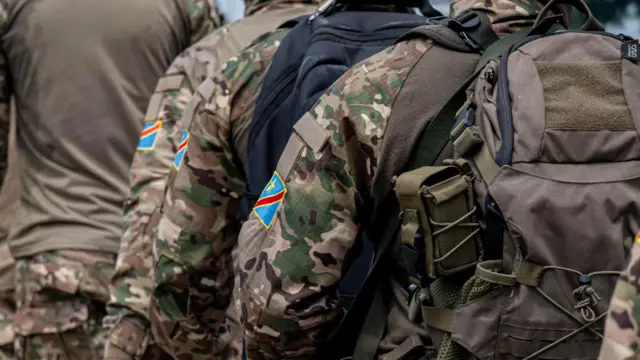Why the DRC Struggles to Purchase Heavy Weapons
Despite being one of the most resource-rich nations in the world, the Democratic Republic of Congo (DRC) continues to face severe restrictions in acquiring heavy military equipment. This situation stems from a complex mix of international sanctions, regional politics, and internal governance challenges.
1. United Nations Arms Embargo
Since the liberation wars of the 1990s — the fall of Mobutu and the rise of Laurent-Désiré Kabila — the United Nations imposed arms restrictions on the DRC. Although partially relaxed (weapons for the official army FARDC are permitted with Security Council approval), strict monitoring remains. This prevents Kinshasa from purchasing arms as freely as other sovereign states.
2. International Pressure
Neighboring states and global powers fear that weapons sent to the DRC could fall into the hands of rebel groups such as M23, Mai-Mai, or ADF. As a result, most arms suppliers either refuse to sell or impose extremely tough conditions.
3. Weak Governance and Corruption
Within the DRC, corruption and mismanagement have repeatedly undermined security efforts. Reports indicate that some officials divert funds or even sell government weapons to militias. This has given the country a reputation as a “high-risk client” in the global arms market.
4. Fragile Economy
Although the DRC is rich in minerals such as cobalt, gold, coltan, and copper, government revenues remain low due to corruption and smuggling. The country simply lacks the financial muscle to purchase modern equipment from powers like Russia, China, or Western suppliers.
5. Presence of UN Peacekeepers (MONUSCO)
Western countries argue that the United Nations Mission in Congo (MONUSCO) already provides security. They claim that supplying Kinshasa with heavy weapons could fuel internal wars rather than resolve them, given the fragile state of the army.
6. Regional Politics
Regional dynamics, especially the influence of Rwanda and Uganda, play a major role. Both countries, often linked to armed activity in eastern Congo, maintain strong ties with global powers and exert influence over how and when the DRC can access military equipment.
📌 Conclusion
The inability of the DRC to freely purchase heavy arms is not only about sanctions, but also about geopolitics, corruption, and fragile governance. Until these barriers are addressed, the Congolese army will continue to face immense challenges in defending its territory against well-armed rebel groups.
✍️ Written by: Mangwa
🔗 Read more on Mecamediaafrica.com

